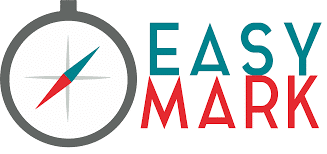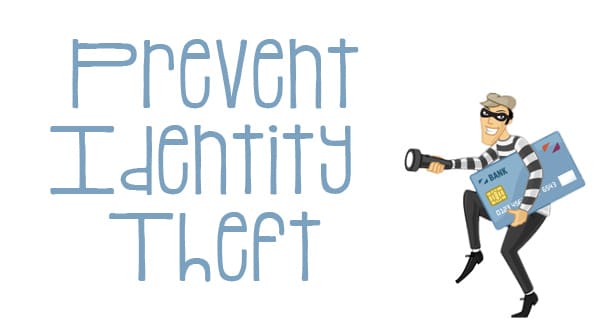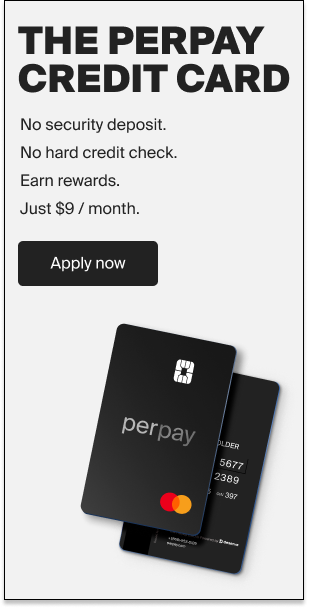Prevent Identify Theft
It is no secret that identity theft is a very commonly occurring problem. Even if you have never had your identity stolen personally, chances are high that you at least know someone who has been a victim of this unfortunate and frustrating crime. Unsurprisingly, one of the biggest side effects of identity theft is the fact that the crime can quickly destroy your credit. Read how you can prevent identity theft.
Dealing with credit problems can be frustrating for anyone; however, there are few things in life which are more maddening than having credit problems due to no fault of your own. Working hard to earn good credit only to have that credit trashed by a scam artist can be downright infuriating. During this 4 part series on identity theft we will cover how you can detect identity theft, how you can prevent identity theft, how you can recover from identity theft, and even how to protect your child from identity theft as well.
Below, in part 2 of our series, we will cover ways to prevent identity theft from occurring in the first place. Thankfully, there are steps that you can take to help prevent identity theft – to protect your personal information and to make yourself a less vulnerable target.
How You Can Prevent Identity Theft: Wise Up and Watch Out
There are a few ways to help prevent identity theft. These include:
Credit Freeze
When you freeze your credit file, no can make a request for your credit report. They couldn’t open an account, apply for a loan, or get a new credit card when your card is frozen.
To freeze your credit you must contact any one of the credit bureaus. The credit bureaus will provide you with options for freezing your credit.
The credit bureaus will provide you a PIN or a passcode which you can use later for any temporary lift or stop the credit freeze. Credit freezes are free and won’t impact your credit score.
Credit card Statements
Take a look at your credit card and bank statements, because someone with your credit card number or bank account information could make some changes to your account.
These transactions can easily be done without you or your financial institution noticing them. It is better to get to know your bank statements. You can raise a complaint if you don’t receive your statements online.
Credit card fraud is the most common type of identity theft.
Review your credit reports annually
Request for your credit report from any one of the credit bureaus, and this should be done annually. Reviewing your credit reports won’t lower your credit score.
The credit bureaus provide you with tools to help you monitor your credit as they notify through alerts for any key changes.
So, How You Can Prevent Identity Theft? One of the most common ways which identity thieves steal personal information is through phishing scams. These scams may present themselves in different ways, perhaps an inbound call or an unsolicited email, but they all have similar patterns. You might, for example, receive an unsolicited email from your bank asking you to click a link and login to your account. If you click on this bogus link; however, you could be taken to a phony (but realistic looking) website where thieves are waiting by to steal your login credentials and then to use that information to gain access to your account and personal information. Instead of clicking on a link in an email, even if the email appears to be legitimate, it is probably a better idea to visit your bank or creditor’s website directly before plugging in your login credentials.

Another form of phishing occurs when you receive a call from your bank, card issuer, or another company with whom you may already do business. At some point the caller, posing as a representative of the company, will ask for your account number, password, username, or other personal information. As a rule of thumb you should never give your information out over the phone on an inbound call. When in doubt you can always hang up the phone and give your bank or creditor a call back at a number which you know is legitimate to verify that the caller’s request was genuine and warranted. Phishing is one of the preventable causes of identity theft.
Read How to Recover from Identity Thft
Secure, Shred, and Reduce
Identity theft is not always high tech. Phishing isn’t the only way thieves get your information. In fact, it is not uncommon for letters to be stolen right out of your mail box or for statements to be stolen out of your trash in order for thieves to snatch your personal information. This type of crime is commonly referred to as “dumpster diving.” Thankfully there are also ways to protect yourself from low tech identity theft as well.

First, you can secure your mailbox by either purchasing a locking mailbox or renting a P.O. box to receive your mail. You can also opt to receive most of your statements electronically, reducing your risk of low tech identity theft even more while being a friend to the environment at the same time. Shredding the mail you do receive is another good habit to develop in order to help keep your personal information out of the hands of thieves. One important point to remember to know how you can prevent identity theft.
Additionally, you can further reduce the amount of mail you receive by opting out of receiving prescreened offers from credit card issuers and other companies. Simply visit OptOutPreScreen.com to prevent the credit bureaus from selling your contact information in the future to companies who might want to mail you prescreened credit offers. Opting out does not mean that you will never receive another solicitation in the mail, but it should at least reduce the amount of junk mail floating around with your name on it.
Don’t Be the Easy Mark
It is important to understand that identity thieves usually tend to steal from people who are less aware, less prepared to stymie the efforts of these scam artists.

If you make it difficult for an identity thief to steal from you he may simply move along to an easier mark and leave your personal information alone. Keep in mind all these important points to know how you can prevent identity theft.



